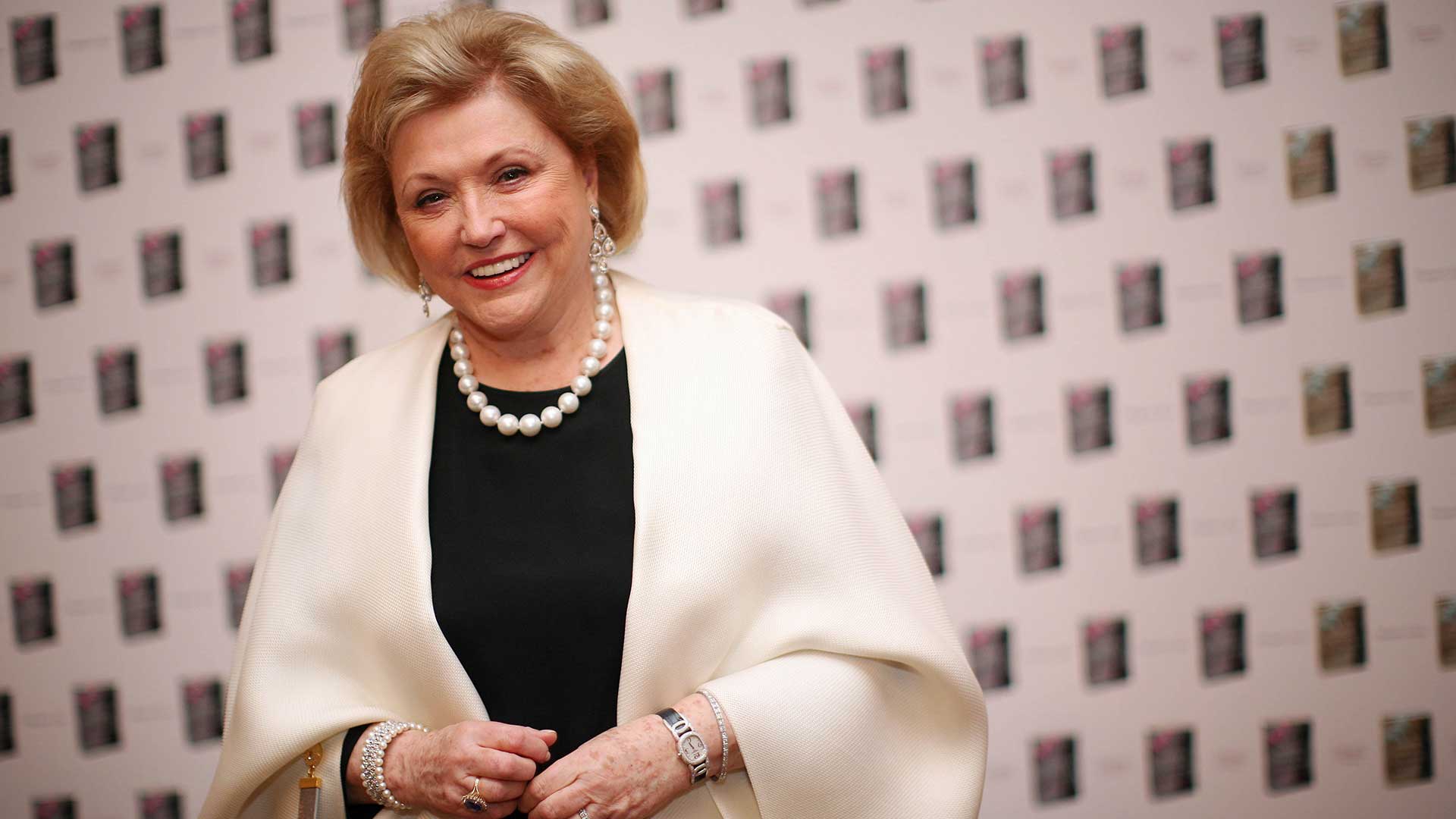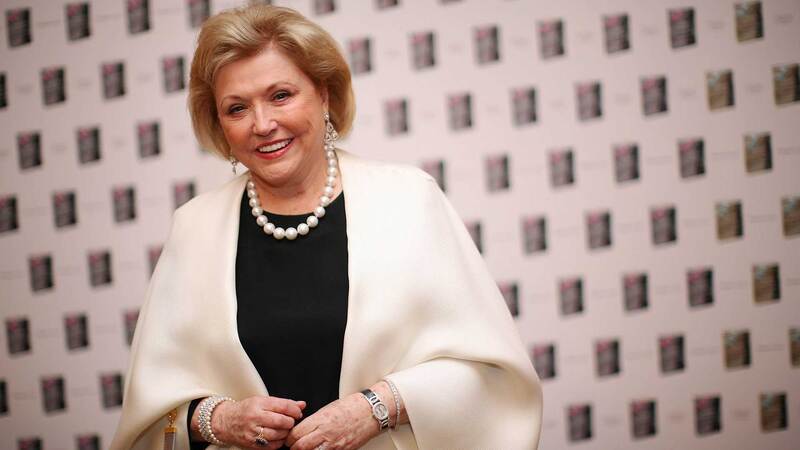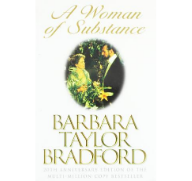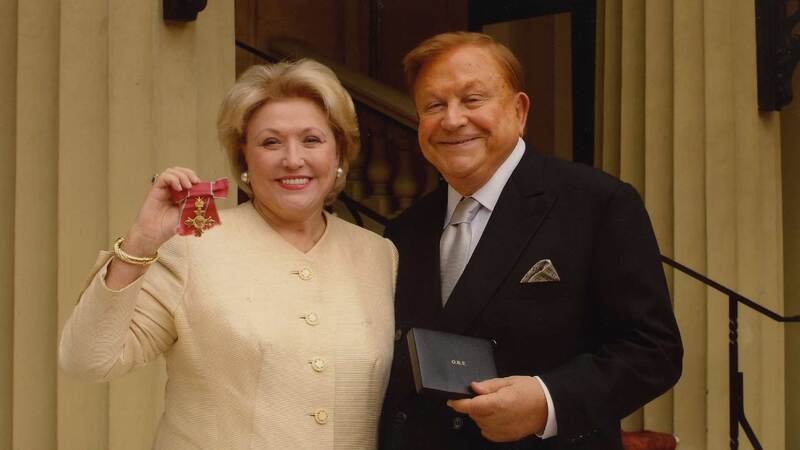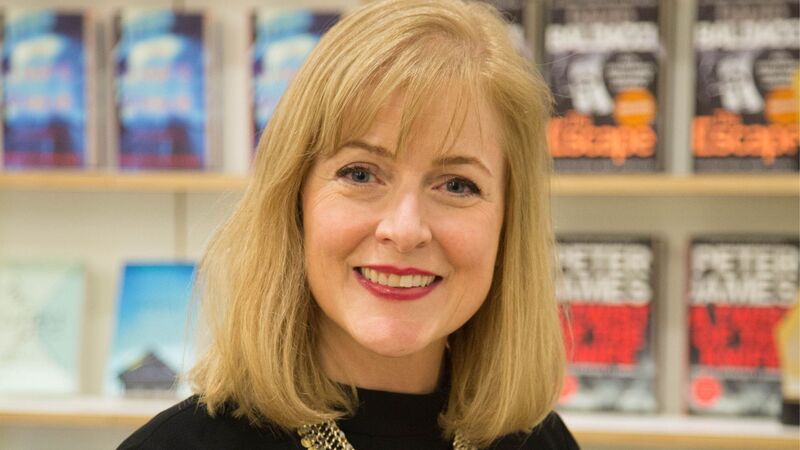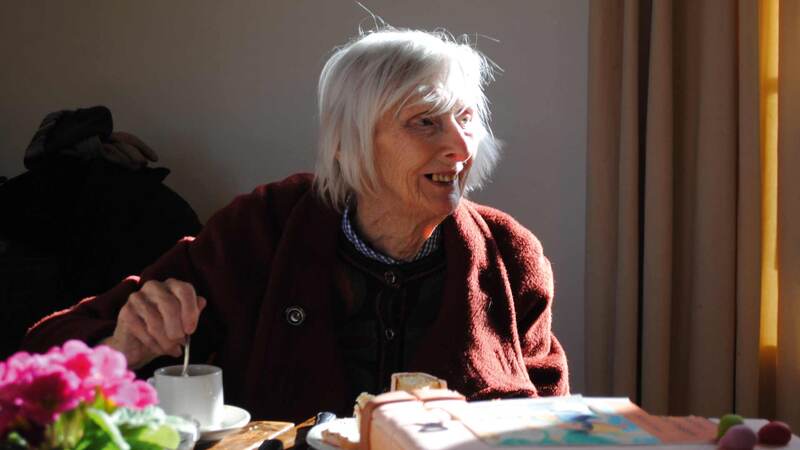Obituary: Barbara Taylor Bradford
Lynne Drew, publisher, general fiction at HarperCollins, remembers bestselling author Barbara Taylor Bradford.
Born: 10th May 1933. Died: 24th November 2024
Barbara was unforgettable from the first moment I met her 22 years ago in the cocktail bar of the Dorchester hotel, where she greeted me with a wide smile and a cry of delight—glamorous, charismatic, but above all a Yorkshire woman through and through. Putting on big, black-framed glasses to study her latest book jacket, stylish in a dark trouser suit, she was modern, funny and absolutely not the grande dame I’d expected. Having grown up reading and watching A Woman of Substance, her books prominent in our local library and on my parents’ shelves, I was in awe of this legend of fiction—and yet that night we became firm friends, and over subsequent years I would spend many happy hours on the phone to her, talking plot, character, setting and history, continuing our conversation over pink champagne in person each year when she visited with her beloved husband Bob Bradford.
A reader from a precociously young age, with Dickens and the Brontës read to her by her mother, Barbara always wanted to write. With the determination that characterised her all her life, and flying in the face of her parents’ disapproval, she left school at 15 to join the typing pool at the Yorkshire Evening Post. Once there, working alongside Keith Waterhouse and trainee photographer Peter O’Toole, she started writing stories anonymously, dropping them into the sub-editor’s tray, eventually securing a reporter’s job and going on to become the paper’s first women’s editor.
A career on Fleet Street followed, until her marriage to Bob, a film producer, took her to America in 1964. There, in her 40s, she famously gave herself a talking-to, determined to realise her dream of writing a novel. Taking her back to her Yorkshire roots, A Woman of Substance obsessed her for three years and came out at over 1,500 manuscript pages. Mark Barty-King, m.d. of Granada Publishing, bought the synopsis and chapters based only on two things: extensive lobbying from Fanny Blake and Patricia Parkin, colleagues at Granada, and Barbara’s passionate, fierce conviction that it would become a bestseller when he met her by chance in New York. Mark paid £55,000, the most ever paid for UK rights at that time; Patricia went on to become Barbara’s editor until her death.
Barbara was, of course, right—A Woman of Substance spent over 40 weeks on the New York Times bestseller list, hit number one on the Sunday Times list, and became one of the bestselling books of the 20th century. The New York Times called it “An extravagant, absorbing novel of love, courage, ambition, war, death and passion” and that seems to me a perfect description: like Mario Puzo or Jeffrey Archer, Barbara understood that these elements would grip the reader and hold them spellbound—because those are the passions that govern us all. She always said that human nature never changes, taking as her maxim Graham Greene’s assertion that “character is plot”.
In an interview with the New York Times, she said: “Most novels concerning money and power are about men… I suppose I will always write about strong women. I don’t mean hard women, though. I mean women of substance.” In seeking to redress the balance, she always put strong women at the heart of her 40 novels, always striving to succeed and building bigger or better lives for themselves.
In an extraordinary twist to her own story—perhaps making sense of the pull she felt to write about England’s stately homes—in 2005, biographer Piers Dudgeon uncovered that Barbara was almost certainly the illegitimate granddaughter of the 2nd Marquess of Ripon. The revelation would make Barbara the direct descendant of a line of aristocratic politicians, including a prime minister of Great Britain. But Barbara was only really upset by the idea of how it impacted on her much-loved mother’s childhood, with spells in the workhouse. She knew she was a much-loved child of her parents and she always, always, looked forwards, never back.
Despite her global success, Barbara remained utterly herself—she had a direct gaze, a huge smile and a mischievous sparkle in her eye that meant she was one of the least stuffy people I knew, able to host dinners in New York for politicians and philanthropists as easily as welcoming HarperCollins staff for afternoon tea. Passionately interested in other people, she had a mind like a steel trap and the most extraordinary memory for detail, people and dialogue, meaning that she was a raconteur of great skill, and always, always hugely good company, sharing anything from an anecdote from Fleet Street, to Bob’s eye-watering deal with HarperCollins’ George Craig on a lunch napkin, to a funny story from the last time we’d met. She remembered everyone’s name, built relationships from the newest assistant to the longest-standing manager at the warehouse, and charmed us all. I’ve never met anyone else with her energy, joie de vivre, no-nonsense attitude or work ethic—she was a true original and a great friend. We will all miss her every day.





